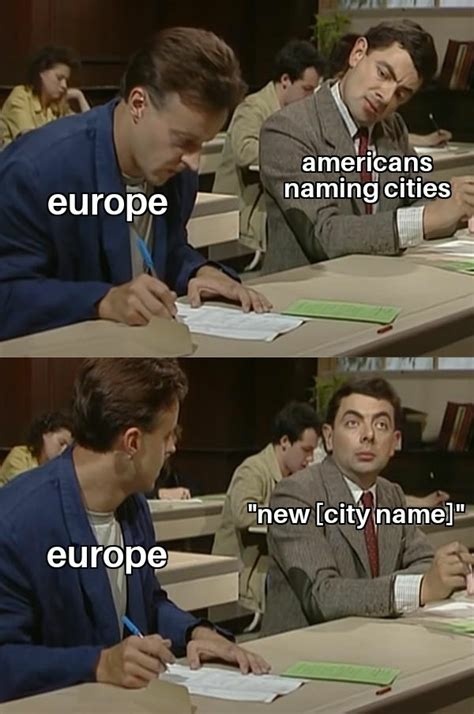this post was submitted on 15 Oct 2023
390 points (96.2% liked)
Name It
318 readers
1 users here now
About
Welcome to Name It! We're all about finding the perfect name for pets, inanimate objects, or people. Join us as we celebrate diverse names and their stories, exploring the fascinating world of naming together! 🌟
Rules
- No harrasment threats etc. Be kind.
- No racism or other form of discrimination.
- No Nazi endorsement.
- No ads or spam.
- No porn.
- No doxxing.
founded 1 year ago
MODERATORS
you are viewing a single comment's thread
view the rest of the comments
view the rest of the comments

Not necessarily. The majority of current US was colonised long after it became an independent state.
I'd argue the majority of English-based naming though are in the original 13 colonies and were named prior to 1776. Having lived on both coasts, it sure seems that is the case.
A lot of the other places are likely due to later immigrants building their own communities west of those colonies, and then there are a lot of coincidences as well.
And then there's a ton of cities named after Bible references.
I’ve lived in the Midwest, and after moving to New England, this it very much the case. Most of the 4-5 states that make up New England are full of towns with the same names from old England used over and over.
But in the plus side we don’t sound like idiots when we visit and know how to pronounce Gloucester and Worcester.
French Canadians in New England did the opposite though, and seem to aggressively mispronounce their French locations (Calais, Barre, Montpelier).
True. Not a ton of "New"s out west, but there is certainly a lot of repetition.